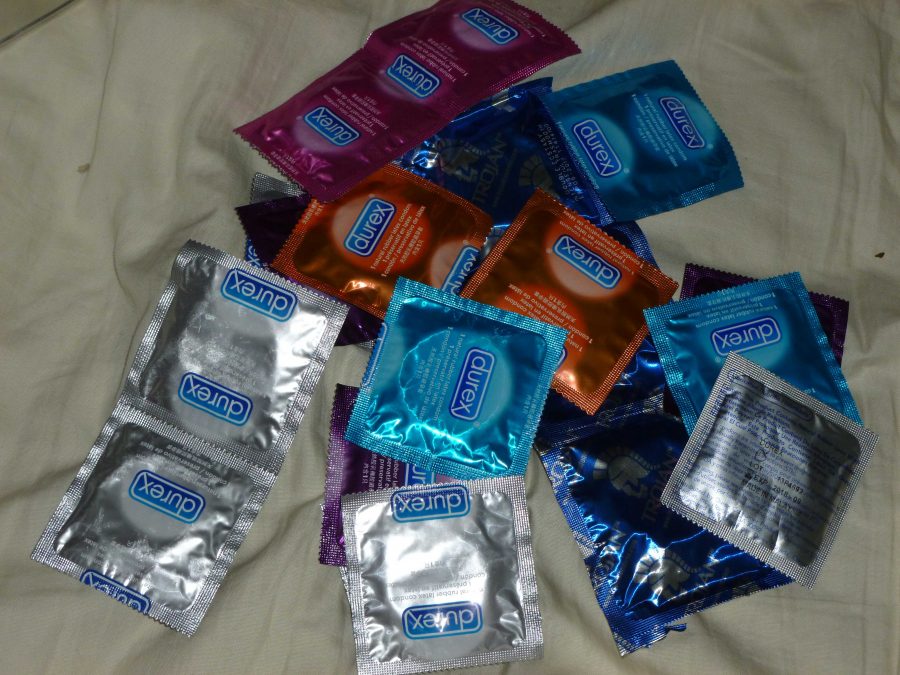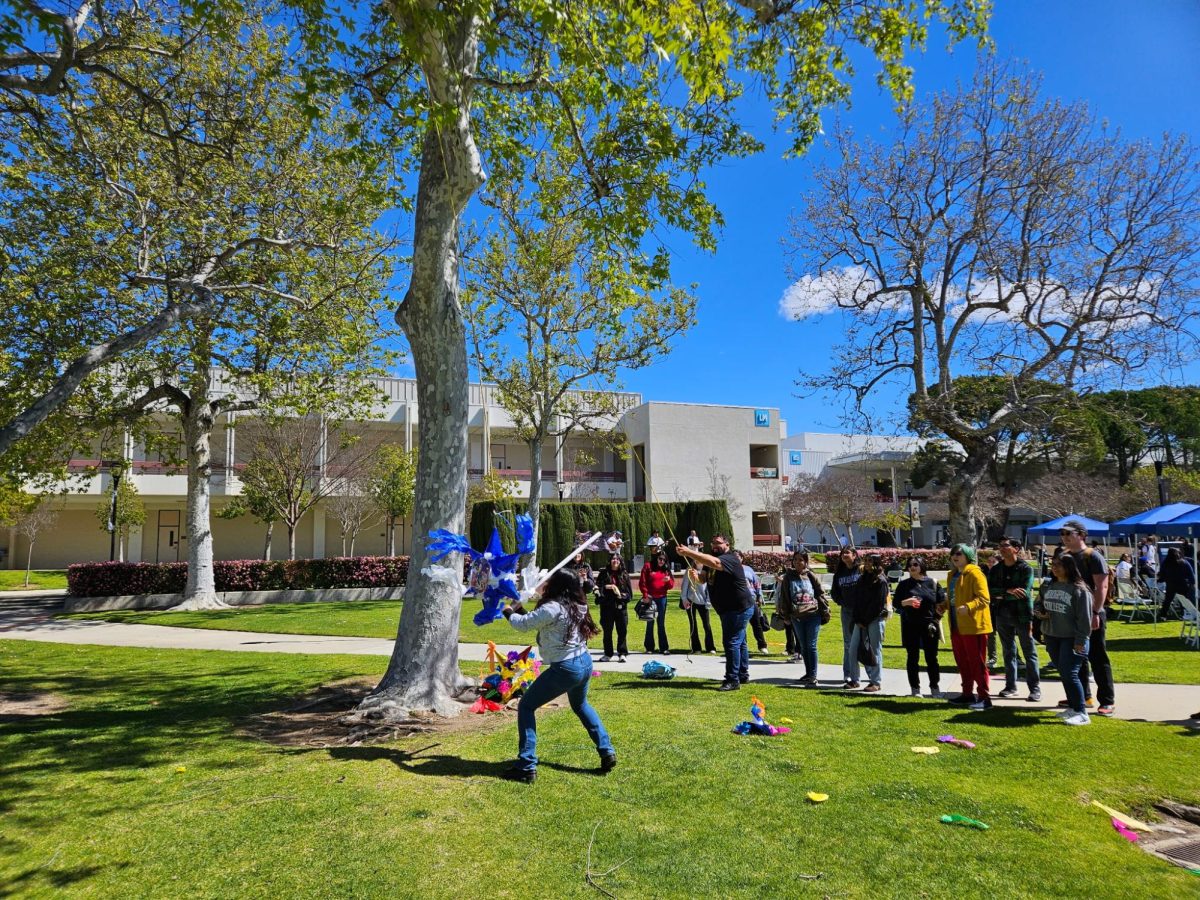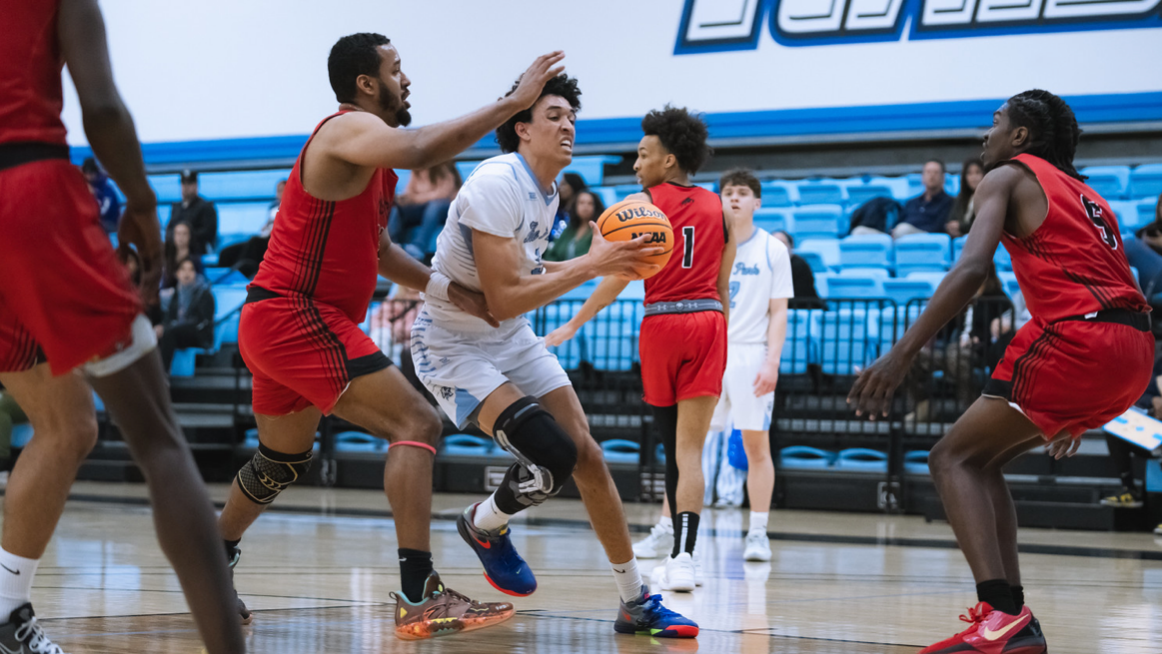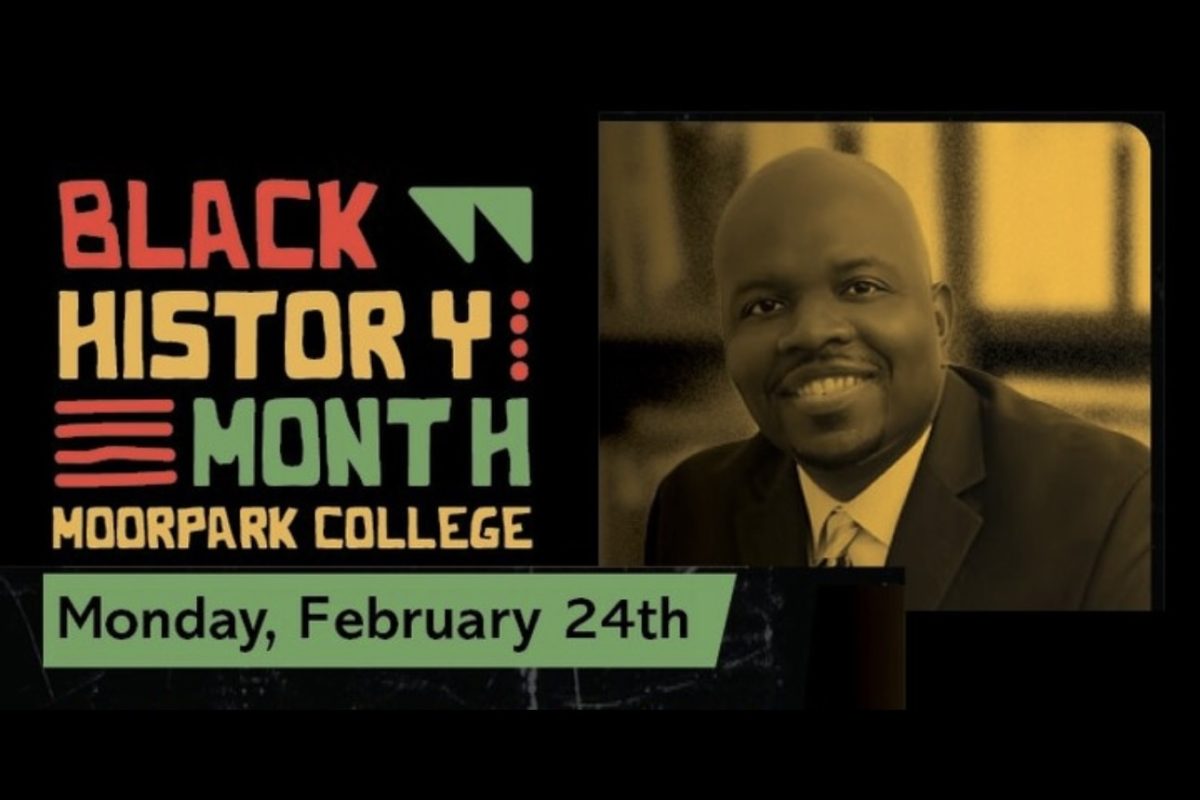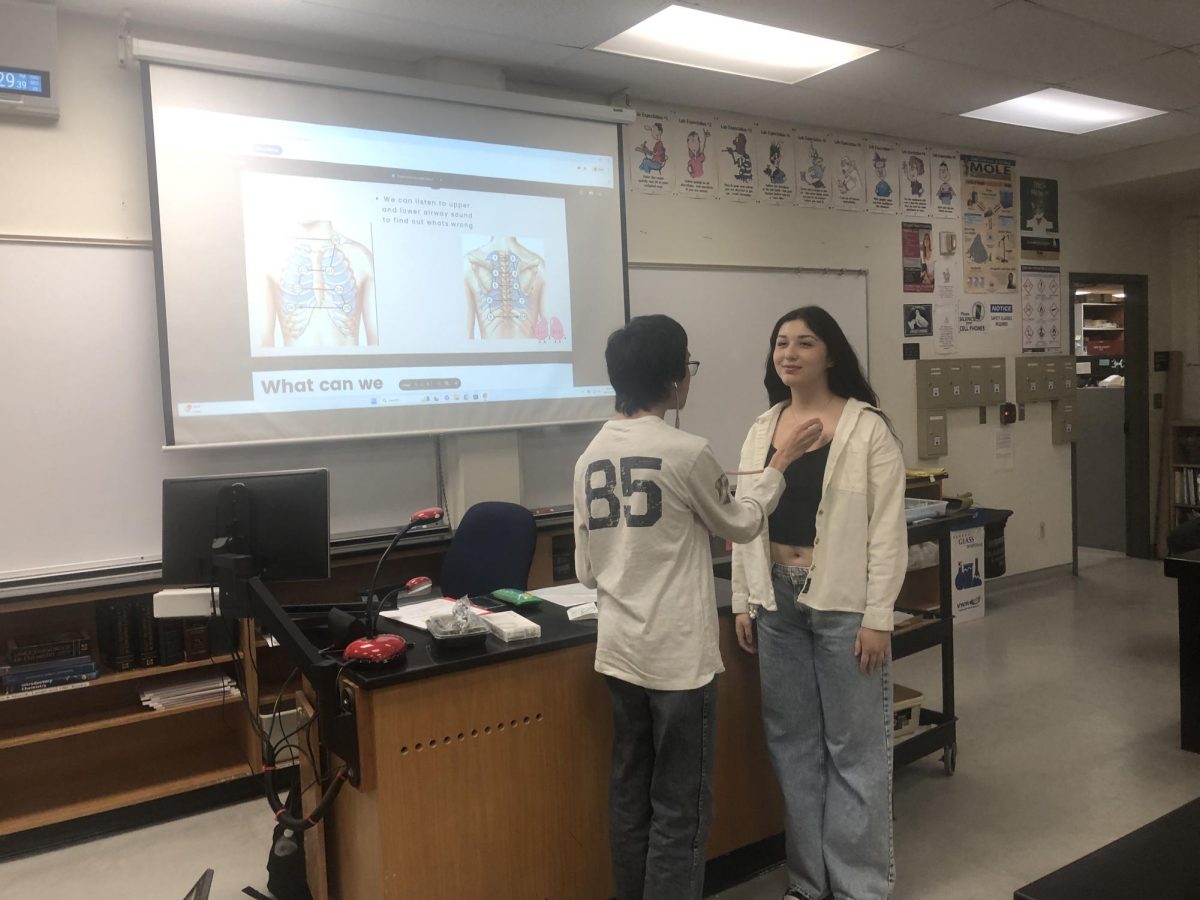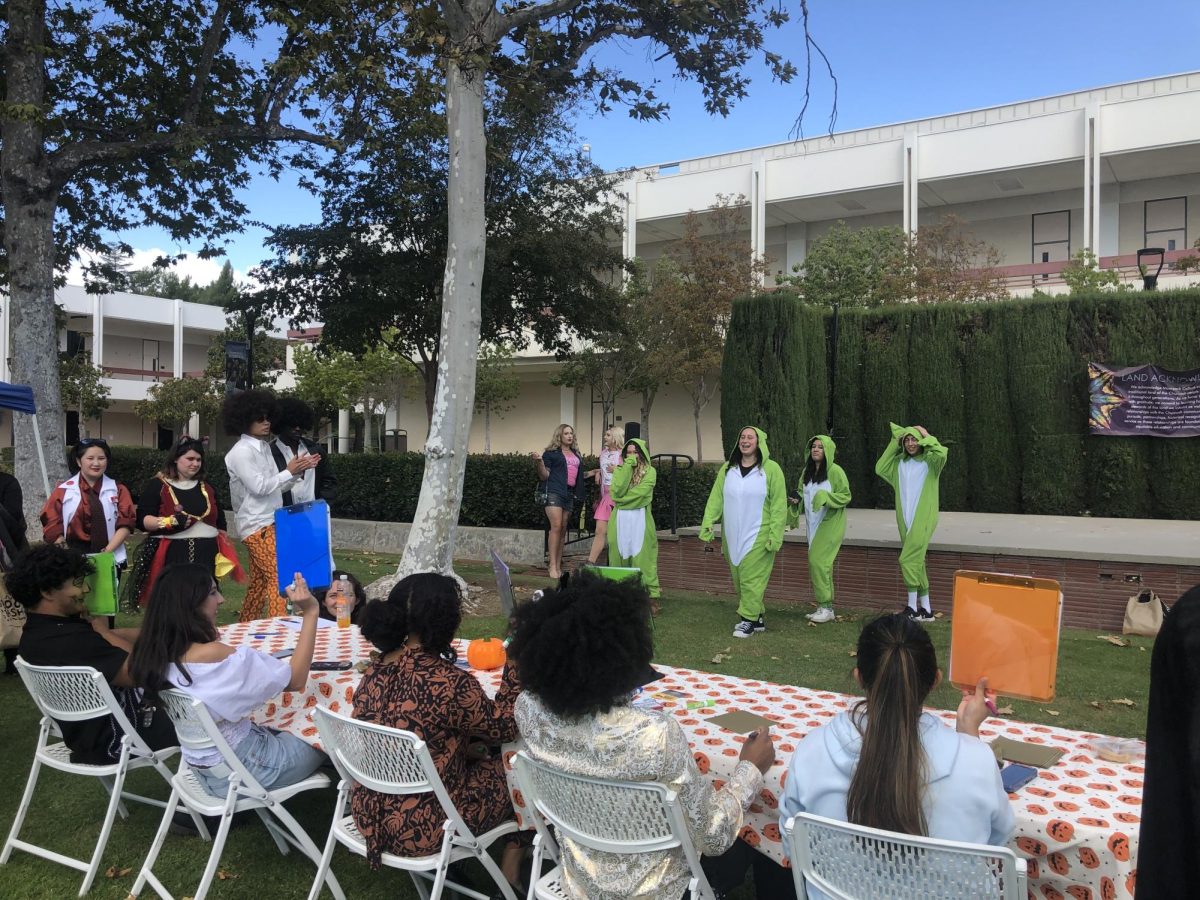Thursday Feb. 12, the Heath Center sponsored a Condoms and Kisses Booth in Fountain Hall to encourage safe sex.
Students there between the hours of operation were given a free gift bag containing chocolate Hershey’s kisses and a few condoms.
“We’re trying to make condom use regular to prevent the spread of S.T.D.s and just for generally safer, responsibly practiced sex,” said Allison Barton, health educator in the Moorpark College Student Health Center.
Federal Disease Agency studies show that sexually active partners can contract sexually transmitted diseases such as H.I.V., chlamydia, genital herpes, genital warts, and many others. A couple of ways to prevent pregnancy or any spread of S.T.Ds is to stay abstinent or by limiting yourself to one partner.
Using a condom can’t completely protect you from S.T.D.s nor can anything except abstinence. If the condom is used correctly, it can be extremely effective.
“Condoms are 98 percent effective all around,” said Barton.
The common misconception is that if a partner is using another form of birth control such as the intrauterine device, cervical cap or the pill, the other partner doesn’t need a condom at all. Although these forms of birth control can prevent child birth, it won’t protect against S.T.D infection. The F.D.A. said a condom is required even if your partner is using another form of birth control. This will greatly reduce the risk of pregnancy, as well as spreading S.T.D.s from partner to partner.
Choosing the right kind of condom is the second step in practicing safer sex. The F.D.A. recommends when purchasing condoms to make sure they are latex or polyurethane for male and female condoms alike. Also make sure there is a disease prevention claim on the package label.
“We really want you to be safe!” said Barton. “Use that condom that you take!”
Students interested in seeking more information can stop by the Health Center in the Administration building to ask questions, get referred to a specialist, or to pick up a pack of condoms, free of charge.

